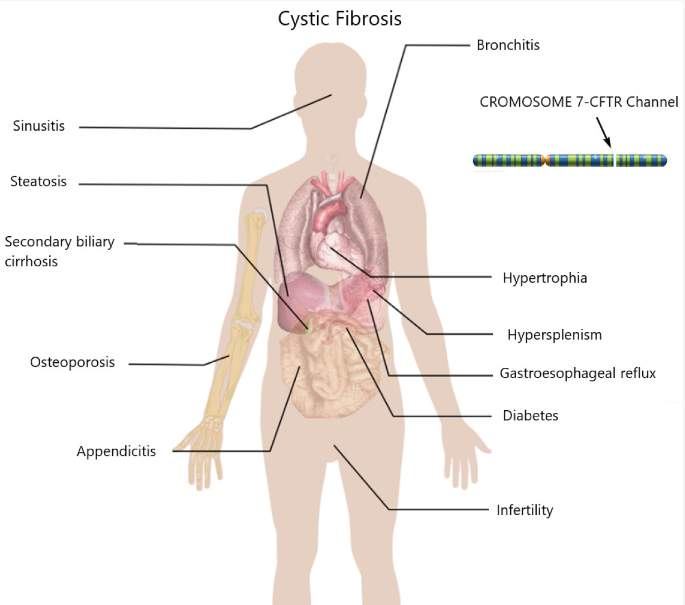Antimicrobial resistance (AMR) poses a grave threat to global health, with projections suggesting it could become the leading cause of death worldwide in the near future. Individuals with pre-existing conditions, such as cystic fibrosis (CF), face particular challenges due to their susceptibility to microbial infections and the complexities of managing these infections. CF is a rare genetic disease characterized by defects in the CFTR channel protein, leading to multi-organ symptoms, particularly affecting the respiratory system. Patients with CF often experience recurrent pulmonary exacerbations triggered by bacterial or viral infections, making them highly vulnerable to the impact of AMR.
This review examines the intricate relationship between AMR and climate dynamics, focusing on the unique challenges faced by individuals with CF. It discusses methods for measuring AMR, its global impact on antibiotic resistance, and the specific microbial communities present in the CF airway. Furthermore, the review explores the complexities of antimicrobial resistance within the context of CF and emphasizes the urgent need for research in this field to develop effective prevention and treatment strategies.
Key Scientific Findings:
- Microbial Infections in CF Airways:
- Pathogenic microorganisms such as Pseudomonas aeruginosa, methicillin-resistant Staphylococcus aureus, and Burkholderia genus species are associated with worsened lung function in CF patients.
- CF patients often require daily administration of antimicrobial agents to combat microbial infections, leading to concerns about the emergence of antimicrobial resistance.
- Biofilms, intricate structures formed by bacteria within the airways, create a protective barrier against antibiotics and the host’s immune system, contributing to persistent infections in CF patients.
- Culture-independent molecular techniques have revealed the diverse dynamics of the airway microbiome in CF, including both traditional pathogens and atypical microorganisms.
- Role of CFTR Modulators:
- CFTR modulators, aimed at correcting the underlying CFTR channel protein dysfunction, have shown clinical improvement in CF patients by enhancing mucociliary clearance and airway surface hydration.
- Restoration of CFTR function influences the microbiology and response to bacterial infections in CF airways, potentially reducing the prevalence of key pathogens like Pseudomonas aeruginosa.
- Studies suggest a synergistic interaction between CFTR modulators and specific antibiotics, offering potential benefits in combating antimicrobial resistance.
- Clinically Relevant Pathogens:
- Pseudomonas aeruginosa: Recognized as a leading cause of chronic lung infections in CF, P. aeruginosa exhibits adaptability to diverse environments and demonstrates heightened antimicrobial resistance through biofilm formation and the creation of persister cells.
- Staphylococcus aureus: Initially prevalent in CF airways, S. aureus strains, particularly methicillin-resistant variants, pose significant challenges and correlate with rapid decline in respiratory function.
- Burkholderia Genus: Burkholderia species, including B. cenocepacia and B. multivorans, are associated with quick declines in respiratory function and pose challenges in treatment due to inherent antibiotic resistance.
- Achromobacter: Chronic colonization by Achromobacter xylosoxidans leads to decreased lung function and poses challenges in laboratory diagnosis due to similarities with other bacterial strains.
The escalating threat of antimicrobial resistance requires urgent action and a holistic approach to antibiotic usage. Advances in molecular technologies offer new prospects for detecting resistance profiles and developing targeted treatment strategies. However, research gaps still exist, necessitating further investigation into factors such as virulence, mechanisms of AMR, and treatment guidelines, particularly in pediatric populations. The complexity of CF airway microbiota underscores the need for comprehensive management strategies to combat antimicrobial resistance and improve patient outcomes. Global collaboration and continued research efforts are essential to address the intertwined challenges of AMR and CF effectively.
Link to the study : https://tinyurl.com/2p923922
